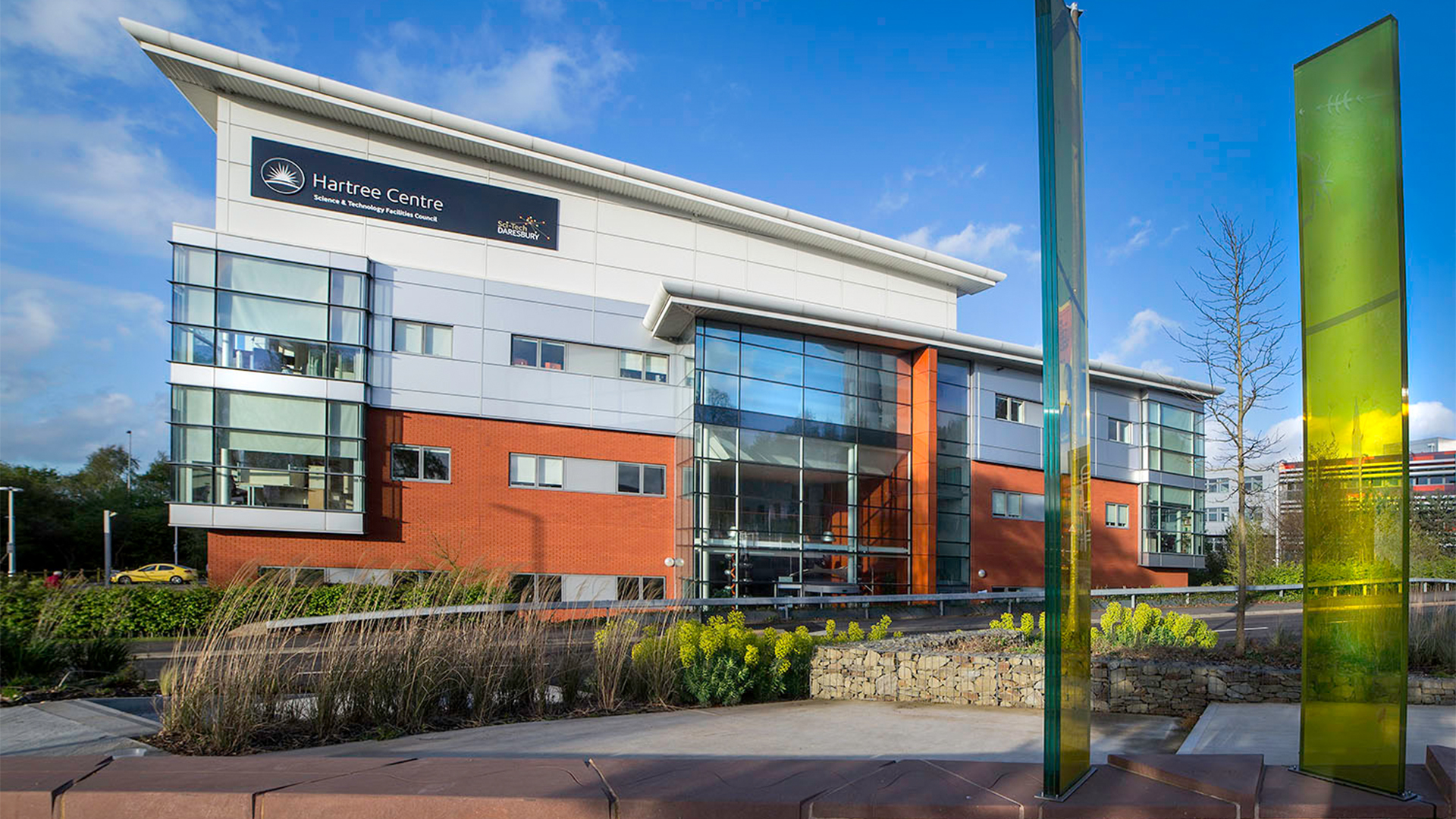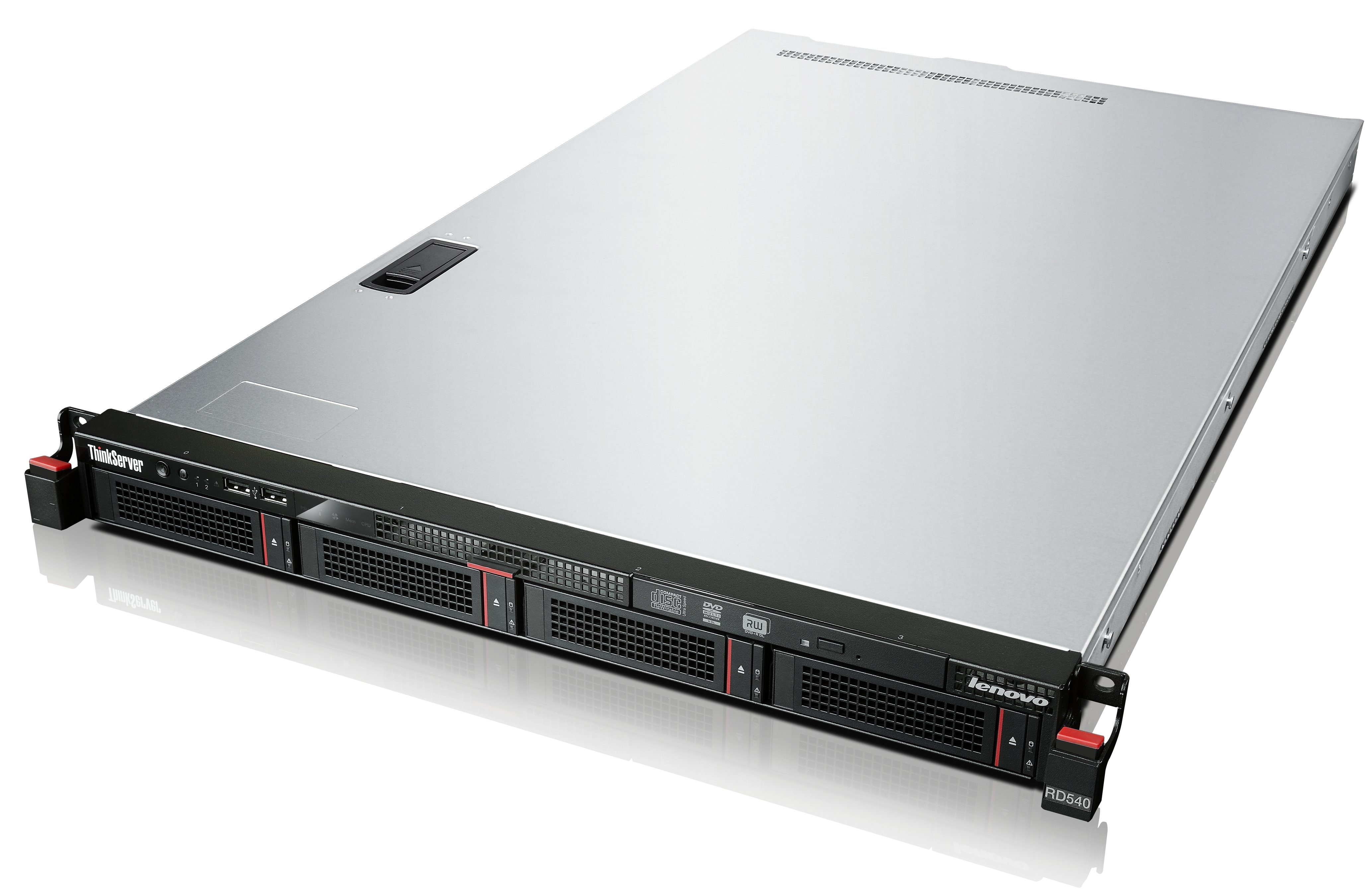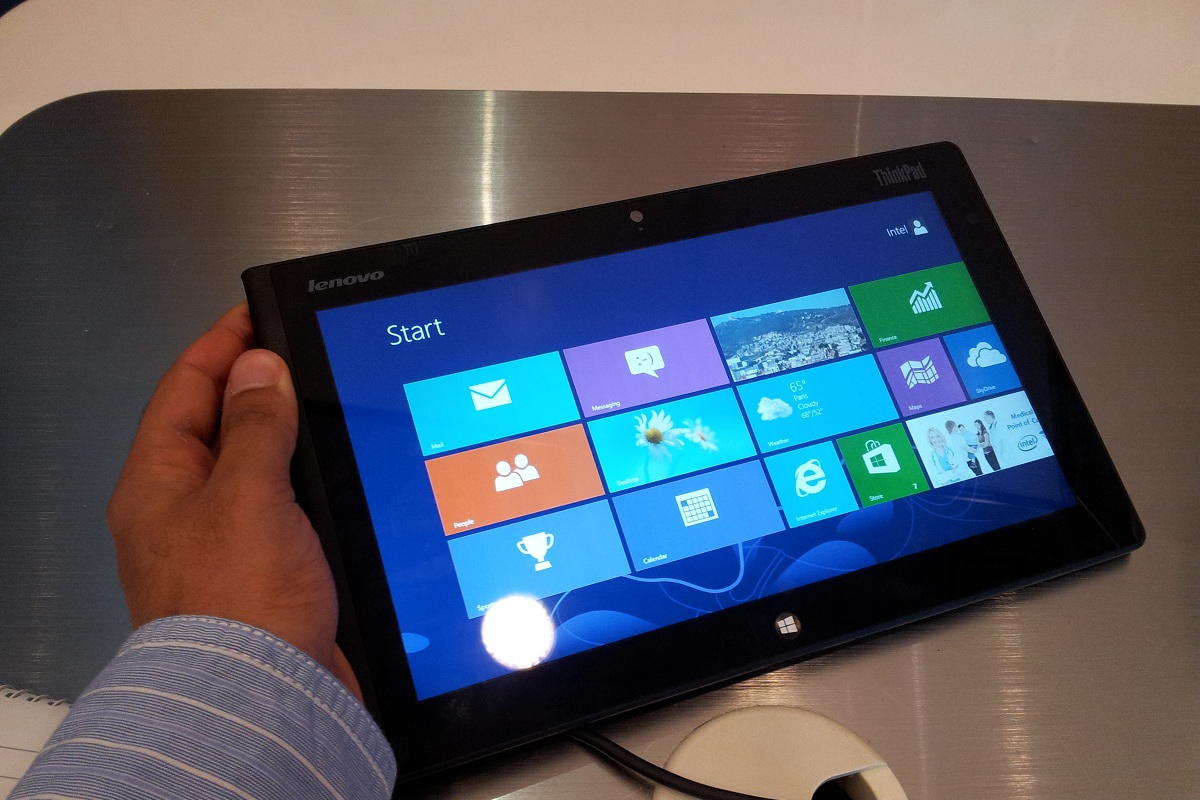Hartree Centre's new New Lenovo supercomputer will be ten-times faster than its predecessor
The new Lenovo supercomputer is a 44.7 petaflops system, and will be used to support research into AI technologies


Sign up today and you will receive a free copy of our Future Focus 2025 report - the leading guidance on AI, cybersecurity and other IT challenges as per 700+ senior executives
You are now subscribed
Your newsletter sign-up was successful
A new Lenovo supercomputer designed to support AI research is set to be housed at the Hartree Centre following a grant by the UK's Science and Technology Facilities Council (STFC).
Ten-times more powerful than its predecessor but using less electricity thanks to direct water cooling, the new supercomputer is part of the £210 million Hartree National Centre for Digital Innovation (HNCDI) program.
This provides UK industry access to digital technologies and expertise and runs alongside investments from the wider AI Research Resource (AIRR).
"We are very excited to be working with Lenovo on our next generation of supercomputers at the Hartree Centre. Our mission is to equip UK industry with the knowledge, skills and compute needed to fully unlock the potential of advanced digital technologies," said Kate Royse, director of the STFC Hartree Centre.
"With our new supercomputer, we will be able to support UK industry in the use of big data and AI technologies to enable UK businesses to take a leading role internationally on the responsible adoption and exploitation of AI technology."
The GPU-based 44.7 petaflop Lenovo ThinkSystem Neptune will perform more than 44 quadrillion floating point operations per second.
It has ten-times the processing power of the Hartree Centre’s current system, Scafell Pike, and will be more power-efficient, taking up less space and using less electricity per unit of performance.
Sign up today and you will receive a free copy of our Future Focus 2025 report - the leading guidance on AI, cybersecurity and other IT challenges as per 700+ senior executives
It uses innovative warm water cooling which Lenovo said can reduce energy demands by up to 40% while boosting performance by up to 10%.
The HNCDI said it expects the new supercomputer to be used for industrial research such as weather and climate modeling, cleaner energy initiatives, drug discovery, health technologies, new materials, automotive advancements, and legal applications.
RELATED WHITEPAPER

Already, the UK Atomic Energy Authority is using the Centre to research new reactors for clean nuclear fusion energy.
"From advanced modeling and simulation in various scientific disciplines to pioneering work in AI and machine learning, this new power-efficient supercomputer will be a cornerstone for innovation, pushing the boundaries of big data and AI technologies to bolster the UK industry’s global leadership in responsible and ethical technology adoption," said Noam Rosen, EMEA Director HPC/AI, Lenovo.
The new supercomputer will be installed later this year at HNCDI's new £30 million supercomputing center, currently under construction.
Lenovo supercomputer the latest in UK investment boom
The launch of the Lenovo supercomputer comes amid a period of intense investment across the UK. Last year, the government announced plans for two new supercomputers to be built at the Universities of Cambridge and Bristol.
Underpinned by significant funding, the supercomputers will be used to analyze advanced AI models and drive breakthroughs in drug discovery and clean energy.
The Bristol supercomputer, Isambard-AI, will be capable of 200 petaflops of performance under the Top500’s Linpack benchmark – around ten times that of the current fastest UK supercomputer, ARCHER2.
Emma Woollacott is a freelance journalist writing for publications including the BBC, Private Eye, Forbes, Raconteur and specialist technology titles.
-

 IBM System x3650 M5 review
IBM System x3650 M5 reviewReviews IBM exits the x86 server market with its best 2U rack system to-date
-
 Security issues haunt IBM and Lenovo server deal
Security issues haunt IBM and Lenovo server dealNews IBM's plans to move its x86 server business to China's Lenovo are 'in limbo'
-
 Lenovo drops $2.3 billion to buy IBM's x86 server business
Lenovo drops $2.3 billion to buy IBM's x86 server businessNews Deal marks end of months of speculation about Big Blue's plans to exit the x86 market.
-
 Lenovo in talks to buy IBM's x86 server business
Lenovo in talks to buy IBM's x86 server businessNews Chinese firm ready to fork out billions for Big Blue's server business, it's claimed.
-
 Lenovo ThinkPad 2 review: Hands on and video
Lenovo ThinkPad 2 review: Hands on and videoReviews A preview of the 10.1in Windows 8 tablet which runs on Intel's Clover Trail 1.8GHz processor and features a stylus.
-
 McLaren F1 raced to IT swap-out in nine days
McLaren F1 raced to IT swap-out in nine daysNews The McLaren F1 team worked with Lenovo in super quick time to replace their old UNIX machines.
-
 Dell and Lenovo cut jobs as IBM rumours fly
Dell and Lenovo cut jobs as IBM rumours flyNews The economy continues to weigh on the tech sector as Dell and Lenovo slash jobs and an IBM union website suggests more losses.


